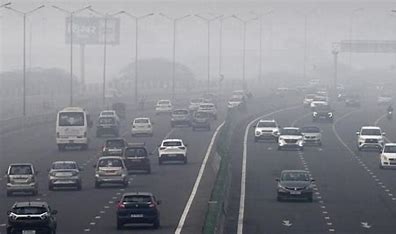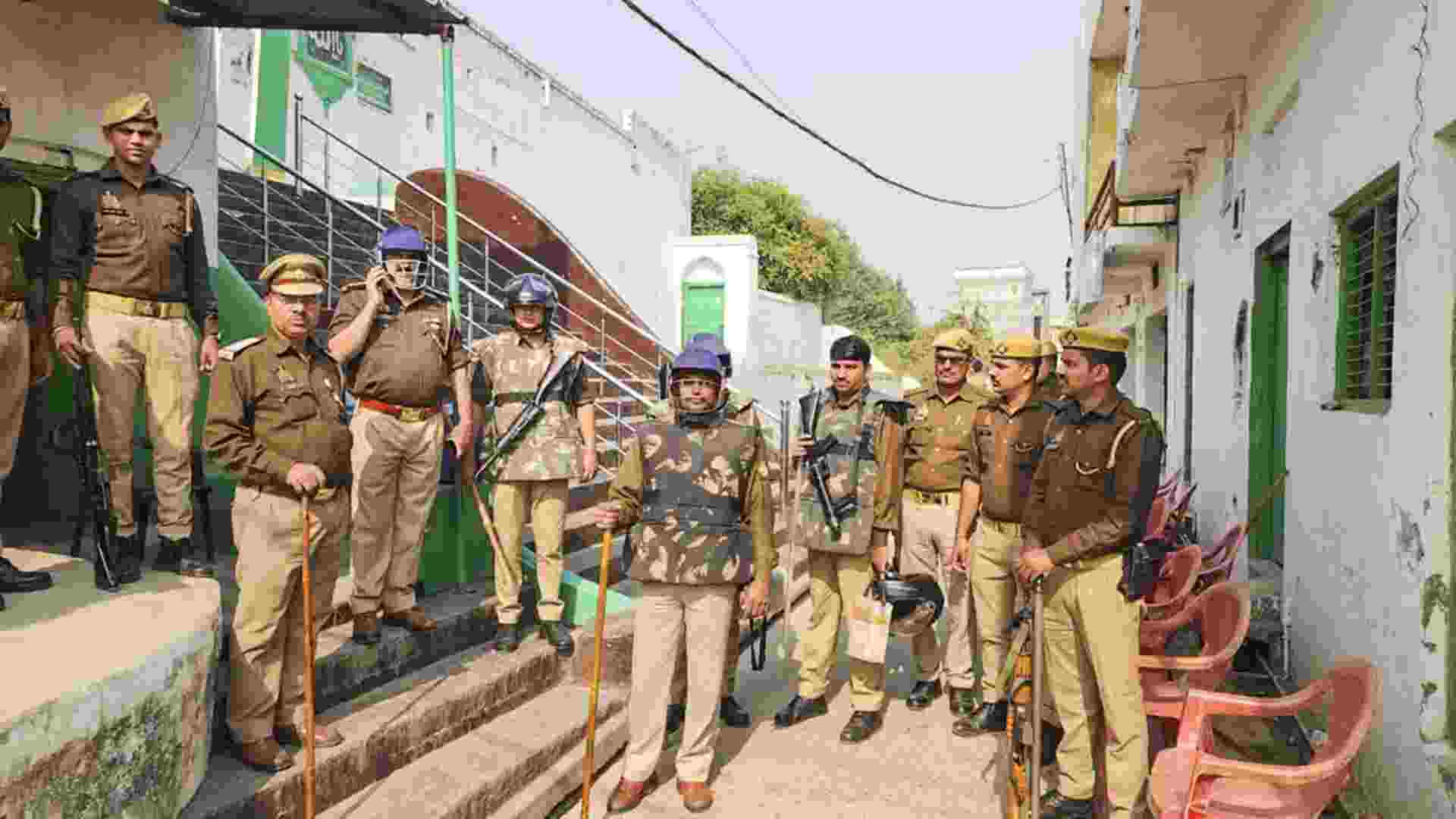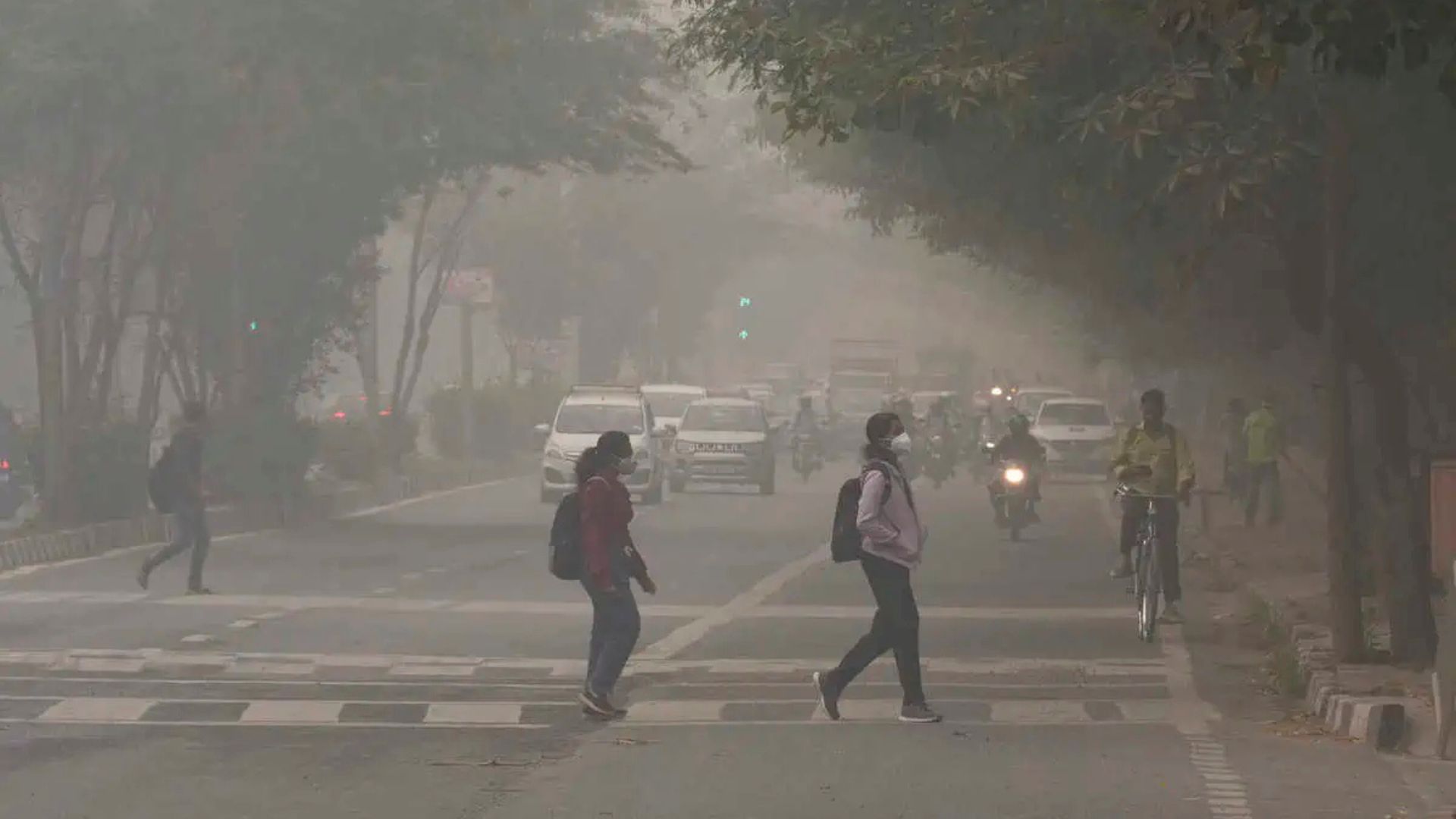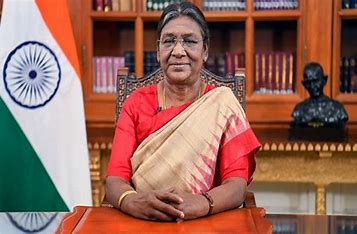
While many cancer patients are sceptical to visit hospitals during Covid-19 to continue their treatment procedure, several hospitals have formed a robust cancer care facility that ensures that they have adequate screening and prevention measures. Experts across the globe feel that postponing procedures and deferring care as a result of the pandemic was prudent at one time but the spread, duration and future peaks of Covid-19 remain unclear. However, ignoring lifethreatening non-Covid-19 conditions such as cancer may turn one public health crisis into many others. Let’s avoid that outcome.
Some cancers are called indolent as their growth can be slow enough that a three- or six-month delay won’t matter. But in the case of lung cancer, for which there is no screening equivalent to mammography or colonoscopy, even a month’s delay can prove to be harmful. Every delay raises the chances of 1% increase in mortality.
Statistically speaking, cancer is the first or second leading cause of death in 50% of the countries and third to fifth in 15% countries and sixth to tenth in the rest. One in six deaths in the world is due to cancer. About 10 million people die of cancer each year in the world. In India, 17 lakh new patients are diagnosed each year. Conservative estimate pits annual growth rate at 5-7%. Annually 8 lakh people die due to cancer. The numbers of cases all over the country are expected to double by 2030.
Reasons for increase in cases
1. Population increase.
2. Increasing life span.
3. Better health facilities for diagnosis.
4. Alcohol use and increased tobacco consumption in all forms- cigarettes, beedis, gutka, chewing tobacco and pan masalas.
5. Less physical activity and overconsumption of calories.
6. Changing food habits: Transiting from traditional to the more Western diet.
7. Changing social and family norms: small family norms, late marriages, no or late childbearing, longer exposure to female hormones (early menarche, late menopause).
8. Changing sexual habits.
Financial strain of treatment
The cost of proper cancer treatment is quite high and will vary according to the type of cancer, treatment and the place. At times, the financial burden associated with cancer treatment can force patients and households to acute misery and even insolvency.
Studies on India suggest that about 60% and 32% households resort to borrowings and contributions (from friends and relatives) respectively for cancer hospitalisation. Over 60% of the households seek care from the private sector and incur out of pocket expenditure more than 20% of their annual per capita household expenditure. Health insurance is available with about 17-20% of the population and some sort of public funding would be with about 10% people. Ayushman Bharat and other state government schemes help about 35-40% of the lowincome population.
Nonetheless, there is a strong need for each individual to think of health expenditure during their financial planning and cover their families with some kind of insurance. Moreover, let there be no assumption that costly treatment is always better than the cheap one. Some cheaper options for treatment may suit your budget so discuss with your oncologist to examine all options and benefits.















